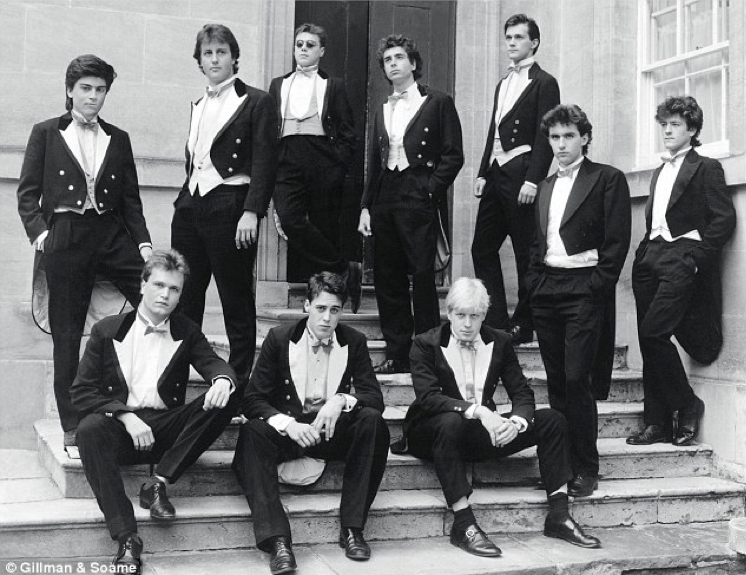Politicians need to commit to ethnographic research if they want to understand people

Business anthropologist Simon Roberts has campaigned hard for the “Remain” side in the UK referendum and is deeply disappointed. He now explores a topic that I too have been arguing for some time now:
Politicians, political parties and those in power, he says, “need to radically rethink how they understand the people they purport to serve.” He argues that the time has come to turn from failed focus groups and oversold analytics to a greater commitment to ethnographic research.
Although some others have made this point, and there is in fact a long tradition of using ethnographic research to understand complex social issues in the UK and elsewhere, we also have to conclude, he writes, that no (UK) political party has used long-term ethnographic investigation to inform policy development.
“This is about developing empathy and understanding. It’s about eschewing a liberal, elite perspective on what matters and really grappling with what globalisation, immigration, and the contemporary labour market really feel like. This is about more than taking sound bites out of a focus group and developing ‘the line’ to take in communication. This is about developing policy based on the real world as people experience it.
There’s a lot of soul searching to be done in what’s left of the United Kingdom right now. As you’ll see I’m no political analyst. But in my career to date, ethnographic work has become ever more central to the way businesses understand the world. I don’t see why political parties cannot engage with the world in the same way.
I don’t feel I know much for certain right now. But I do know that we need to build forward looking, progressive post-Brexit policy on more nuanced views of the worlds people live in. Only then can we start to bridge the damaging divide between parties and people. Only then will we be able to start tackling populism.”
My reflections on Robert’s piece:
Unfortunately, it is not just mainstream politicians who are in trouble. The media too are living in a bubble and act as if daily discussion in Parliament buildings or party headquarters is what politics is all about, and as if web-friendly mini stories can save their business. In short, journalism too could do with a strong dose of ethnography. I personally understood much of what was going on in the UK, and why a Brexit vote was not so unlikely, by reading John Harris and watching his excellent Anywhere but Westminster near-ethnographic video reportages. As far as I know, he is the only political journalist in the UK to apply this approach consistently.
Finally, also young adults, the so-called “millennials”, will have to leave their bubble, get engaged in politics and find ways to reconnect society across socio-economic and generational divides. If there is one silver lining within the Brexit debacle, it might be that a very well-educated and positively-minded young generation might finally discover the urge to become politically active.



